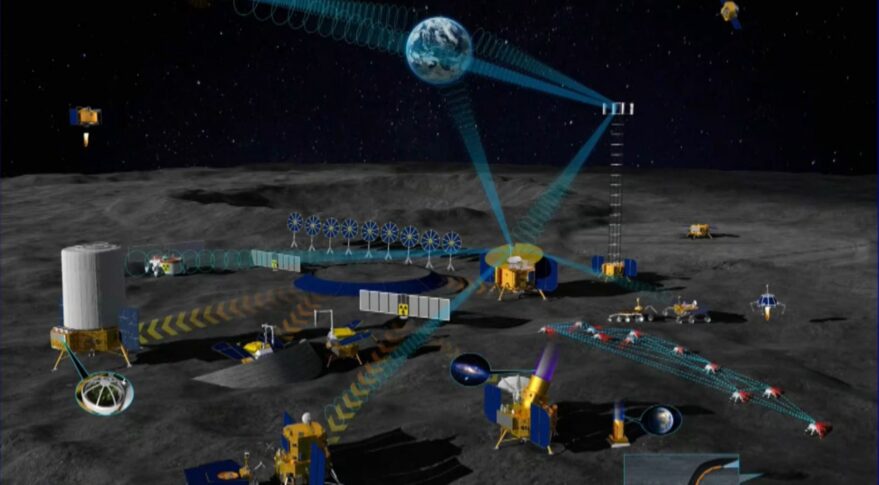Belarus became the latest country to back Beijing’s mission to build a lunar base on Monday, joining a growing number of international partners who have teamed up with China in orbit.
The two nations are expected to cooperate on “creating and operating” the Moon base, in addition to deepening partnerships on engineering, new materials science, and training of scientific personnel, according to Belarusian state news agency BelTA.
Lunar vision: China has announced plans to break ground on its International Lunar Research Station in 2028, with the goal of landing a crew on the Moon’s surface by 2030. The scientific-base will enable researchers to study lunar physics and chemistry, conduct medical experimentation on the Moon, and observe both Earth and the cislunar environment from the Moon, according to a Chinese mission guide.
Partnerships: China and Russia are publicly at the head of the ILRS effort, though Russia’s troubled economy, weakened global standing, and decaying space program mean that China is realistically taking the lead.
Other partners include South Africa, Pakistan, Azerbaijan, and Venezuela.
The US is working on its own global coalition to cooperate on space and lunar exploration under the Artemis Accords, which has nearly 30 signatories.




